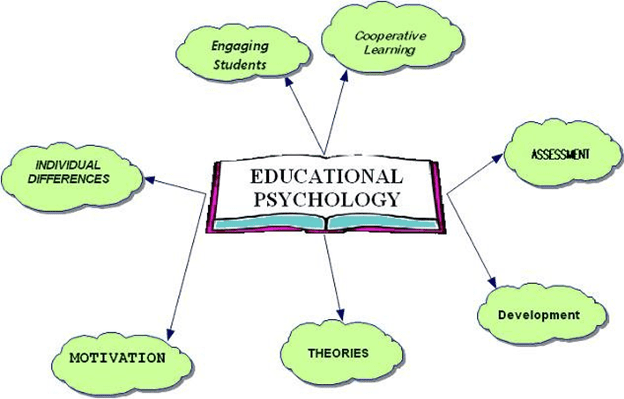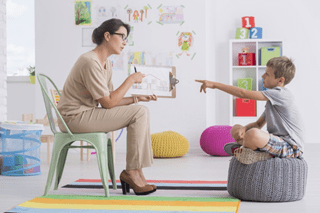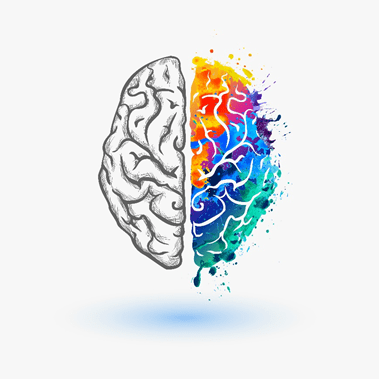The educational system of today is a complicated one. There is just no one way, that could work for every student. This is why educational psychologists are focusing on identifying and learning new methodology, to understand people better and to help them retain information better as well.
Human development and educational psychology
If you want to become a teacher, you should focus on enrolling in an educational psychology course. Why do you ask? Well because for starters, you need to have a good idea of the human psyche and development, before you take on a classroom. This is how you will be able to best understand the individual learner and the instructional process. Educational psychology helps you apply the theories of human development to understand individual learning and to refine the process of teaching.

While interaction with teachers and students in a school setting is an important part of their work, it isn’t the only aspect of the job. Learning is a lifelong endeavour. People don’t only learn at school, they also learn at work, in social situations and even while doing simple tasks like household chores or running errands. Psychologists working in this discipline, examine how people learn in a variety of settings, to identify approaches and strategies to make learning more effective.
Child psychology and education
You should understand how the mind of a child works and what their cognitive development should be like before you start teaching. Therefore, a sound background in child psychology is something that the modern education system looks for in teachers. If you take a child or educational psychology course you will gain insight into social, cognitive and emotional processes involved in the process of learning, and you may also be then equipped, to handle children with learning impairments such as dyslexia, ADHD or others.

Understanding personality in teaching
How each student learns and what works best for them is also connected to their personality. Now personality psychology is an entire discipline in itself and would take years to master, but having some insight into it can help you understand factors in students, irrespective of age, such as troubling behaviour, disobedience, lethargy towards studies and rebellion to authority for instance.

Knowing how to help your students
As a teacher, you should be available and knowledgeable enough to help your students if they do need it. You should also know that students may be resistant to speaking and sharing their worries with you, which is why a bit of counselling knowledge will come in handy. Knowing when to step in, when to empathise, and when to put your foot down without hurting the feelings of an already vulnerable student, can really go a long way in helping them build a trusting relationship with you. This could even mean that you have the potential to help the troubled student realise their full potential and even nurture their talents. Doesn’t that sound fulfil already?

Why is psychology this important to education?
The biggest issue today is that many students are being left behind by an educational system that most people believe to be, in a crisis. Improving the educational outcome of the system as a whole is something that will require continuous effort and time, but, a central premise of this lies, in the provision of assistance to students, to better regulate their learning.
How can this be done?
Through the use of effective learning strategies. This is where psychology comes in. Not only does it help teachers understand their roles better and guide them, to guide students, but it also helps the cognitive and educational development of learners themselves. Methods such as elaborative interrogation, summarisation, self-explanation, highlighting, keyword mnemonics, and use of imagery are some of the key techniques that psychology has been able to offer to the world of education to enhance both teaching and learning. Did you think our blog was helpful? Leave us your feedback and let us know. If you want to learn more about educational psychology or psychology as a whole, contact us at support@study365.co.uk



0 responses on "How Educational Psychology Is Transforming Teaching Methodology"